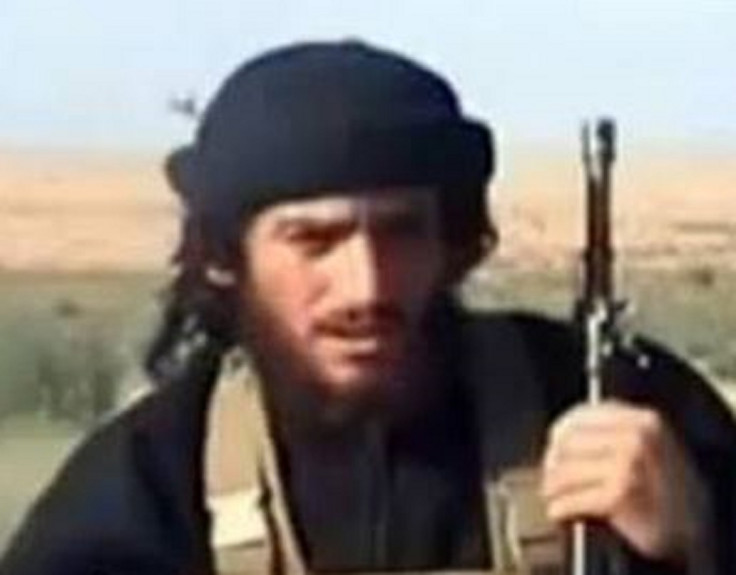Isis news agency says second-in-command Abu Muhammad al-Adnani killed in Aleppo
Death of Syria-born Isis commander, a close colleague of leader Abu Bakr al-Baghdadi, was reported by Amaq.

One of the most important figures in the Islamic State (Isis), Abu Muhammad al Adnani, has been killed according to the terror group's 'official' news agency Amaq. The 39-year-old Syrian, who was second in command within IS (Daesh), was reported to have been killed in or near Aleppo, which has been under siege almost since the beginning of the Syria conflict.
In a statement released in English and Arabic, the news agency said al-Adnani was "martyred while surveying the operations to repeal the military campaigns against Aleppo". There have been similar reports, but not from an official IS channel.
al-Adnani - whose birth name was Taha Sobhi Falaha - was one of the most important figures within the group and his loss would represent one of the biggest blows yet as IS attempt to cling on to their self-styled "caliphate" spanning areas of Syria and Iraq.
As well as being second in command within the group, Idlib-born al-Adnani was a confidante of IS leader Abu Bakr al-Baghdadi and made a number of public speeches in which he called for attacks on western targets.
It was al-Adnani who reportedly called for "lone wolf" attacks using cars which were thought to have "inspired" Nice killer Mohamed Lahouaiej-Bouhlel.
In May 2016, al-Adnani called on Muslims to attack targets worldwide, saying: "Ramadan, the month of conquest and jihad. Get prepared, be ready to make it a month of calamity everywhere for the non-believers." There was reportedly a $5 million )£3.8 million) bounty on the head of al-Adnani, according to a report by Time.
IS continues to lose swathes of territory across both Syria and Iraq, where it is surrounded by forces from the Syrian army, the Kurds, Iraq's army and Shiite militants, the coalition and in August 2016, Turkey.
The group is also on the back foot in Libya. However security experts warn that losses on the battlefield may make attacks in the West more likely, either by hardened militants from the Middle East or home-grown sympathisers radicalised online or in mosques.
© Copyright IBTimes 2025. All rights reserved.






















